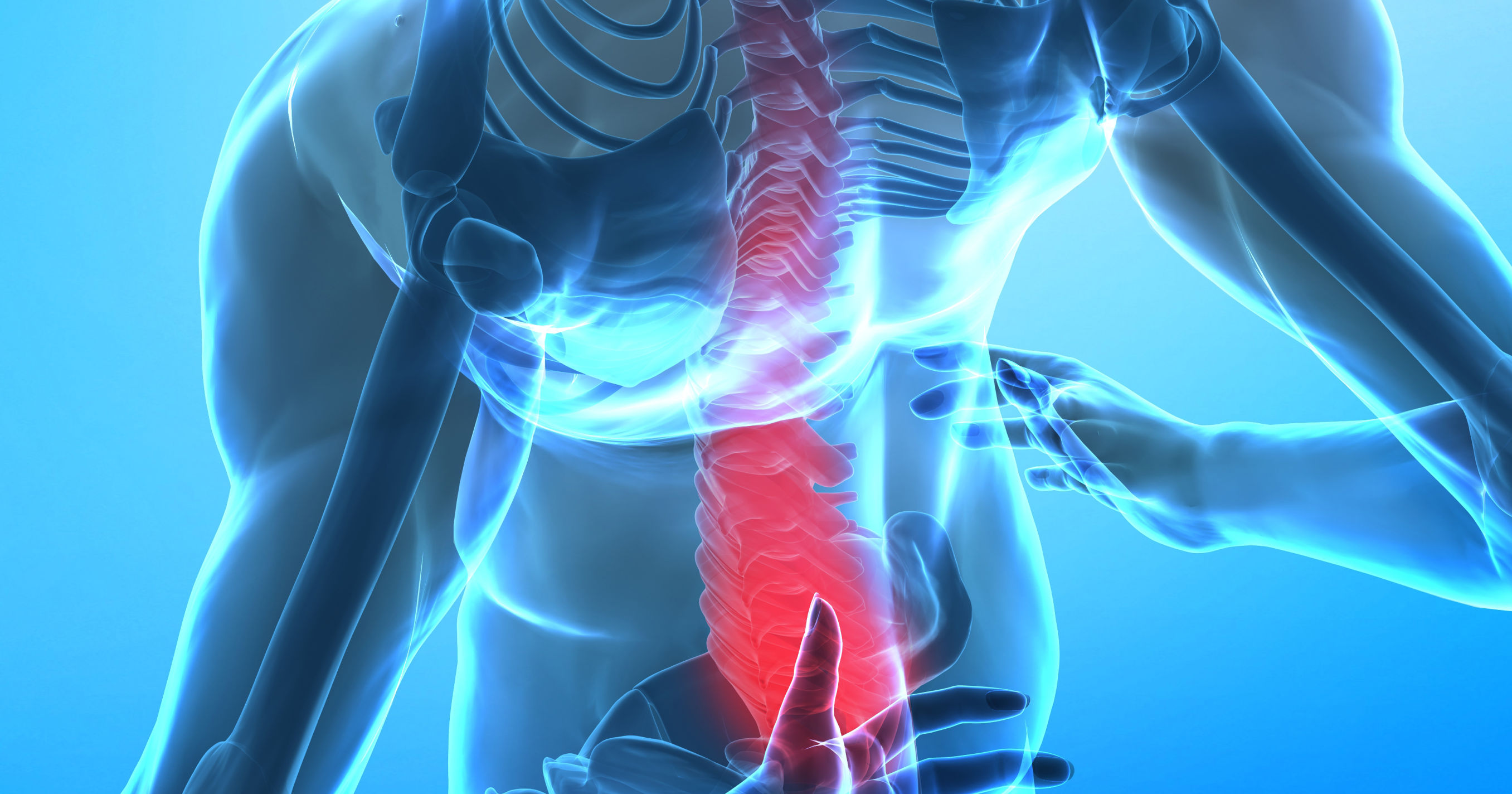January 8, 2013
Vitamin D has been a very popular subject over the last several years with many studies showing just how important it is. Low vitamin D levels have been linked with an increased risk of heart disease, stroke, cancer, depression, infection, diabetes, osteoporosis, multiple sclerosis, arthritis, Parkinson's and Alzheimer's disease, and a shortened life span. Wow! Are you motivated to get your levels checked yet?
It is becoming a routine blood test in many doctors offices. The normal range for vitamin D is quite wide, typically running from 30-100 ng/mL. According to the Council on vitamin D, the optimal range should be from 50-80 ng/mL. My standard blood panel always includes a vitamin D level and what I find is that if you are not supplementing with vitamin D you will not be in the 50-80 ng/mL range.
So why is it common for most people not to have optimal levels? First, we are not getting out in the sun enough. Getting out in the sun 15-20 minutes every day with our arms and legs exposed when possible would help increase vitamin D considerably. This is a very healthy amount of sunlight and will not increase your risk for skin cancer. Second, we are not consuming foods that are high in vitamin D. Fatty fish such as salmon, sardines, and mackerel are good sources. Keep in mind these need to be wild caught and not farm raised. Another good source are dairy products from grass fed cows and goats. Grass fed animals are in the sun all day long and have more vitamin D in their milk than animals raised the conventional way.
I recommend getting your vitamin D levels checked every year to make sure you are getting an optimal amount of this crucial element. If you are low, re-check your levels every 6-8 weeks until you are within the optimal range. We each require different amounts of vitamin D because of our genetic differences. Testing your levels is the only way to know how much you need.
References:
Role of vitamin D in cardiovascular health. Am J Cardiol.2010 Sep 15;106(6):798-805.
Vitamin D and diabets. Diabetologia. 2005 Jul;48(7):1247-57.
Vitamin D and risk of cognitive decline in elderly persons. Arch Intern Med. 2010;170(13):1135-1141
Association between low serum 25-Hydroxyvitamin D and depression in a large sample of healthy adults: The Cooper Center Longitudinal Study. Mayo Clin Proc. Nov 2011;86(11):1050-1055
Reducing fracture risk with calcium and vitamin D. Clin Endocrinol (Oxf). 2010 Sep;73(3):277-85.
The role of vitamin D in cancer prevention. Am J Public Health. 2006 Feb;96(2):252-61.



Dr. Groneck
We are dedicated to providing a comprehensive approach to helping you achieve optimal health by looking at the synergy of the whole person, not just a collection of parts. We combine standard medical testing with functional medicine testing to gain an in-depth understanding of what is wrong and, equally important, how to fix it.